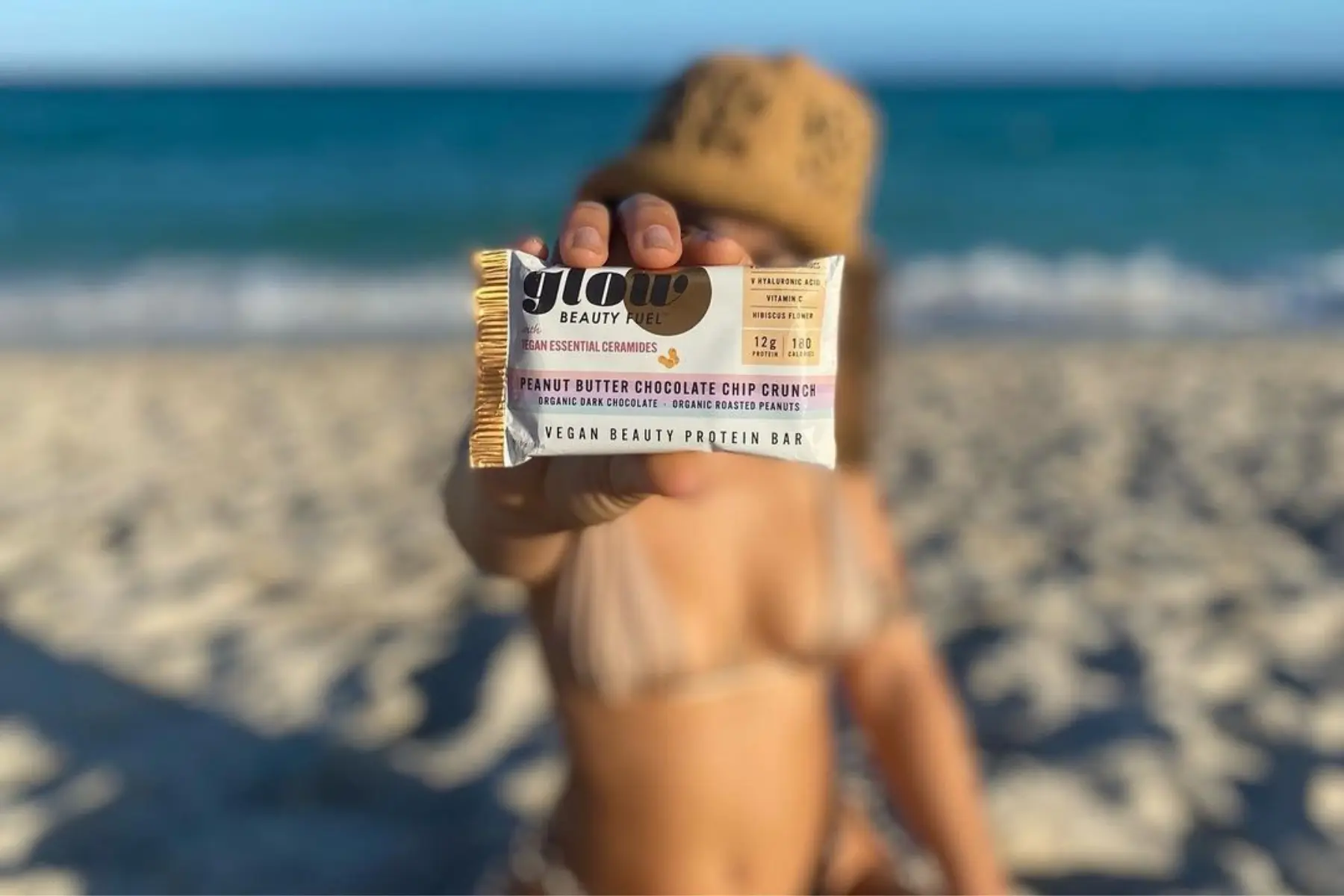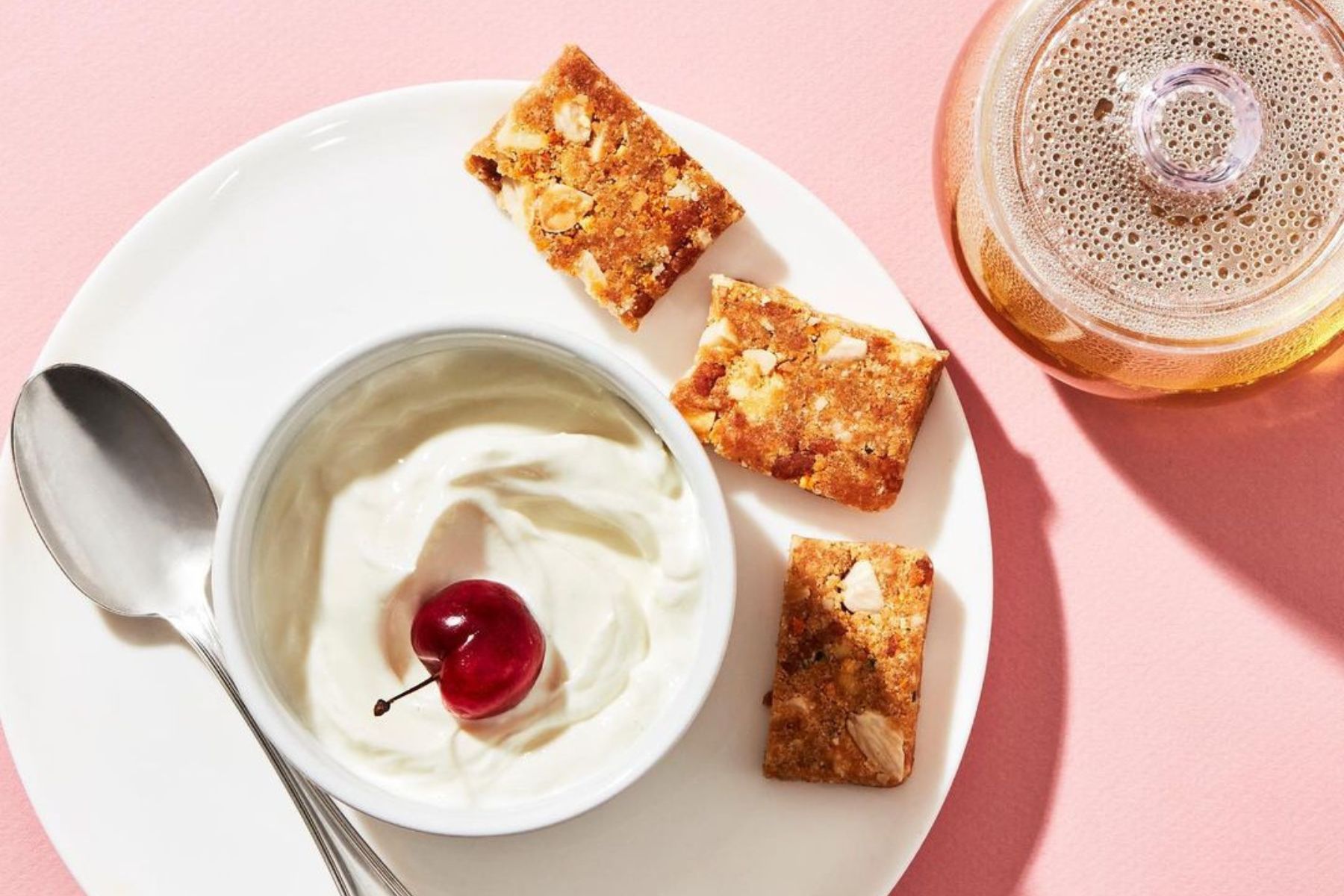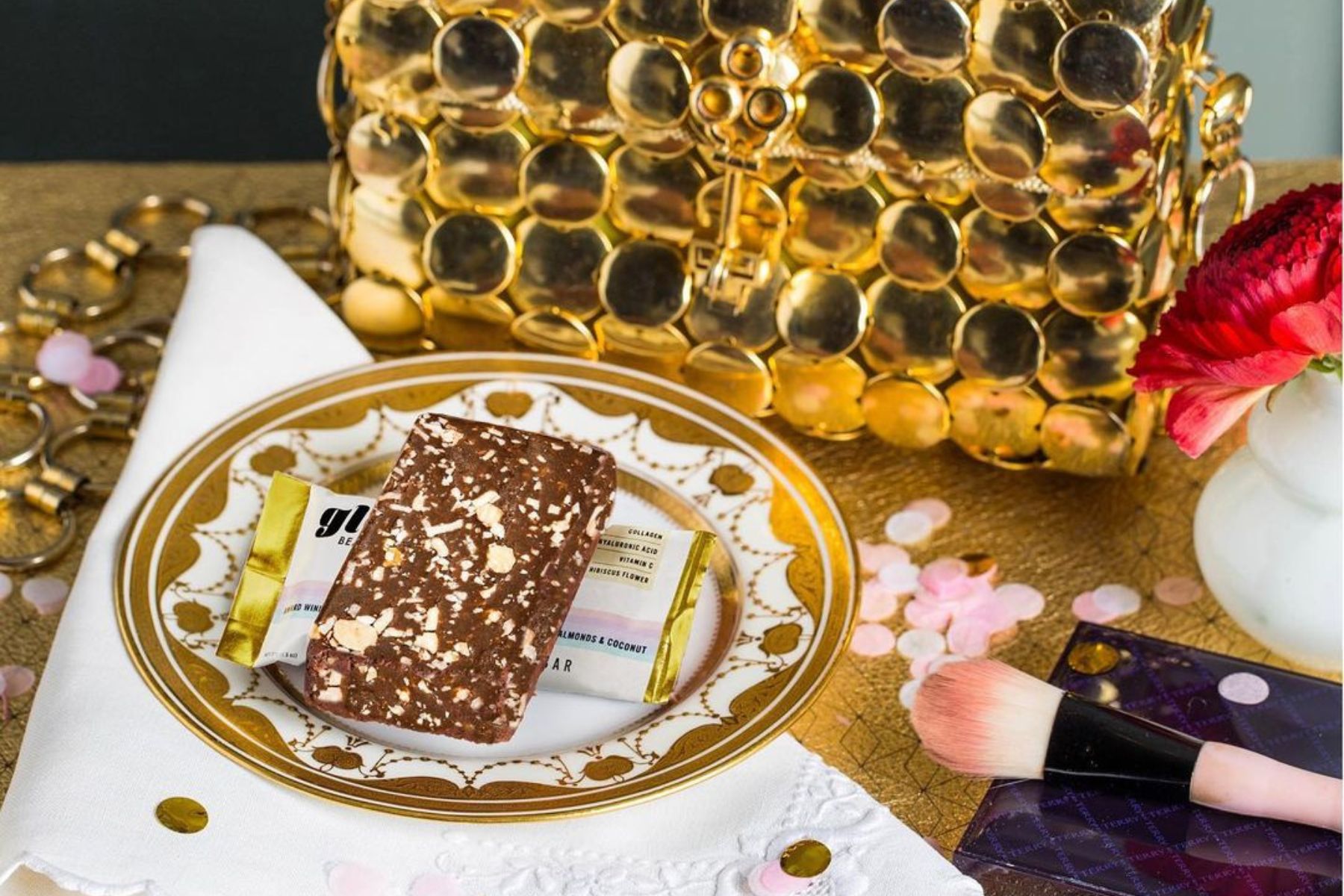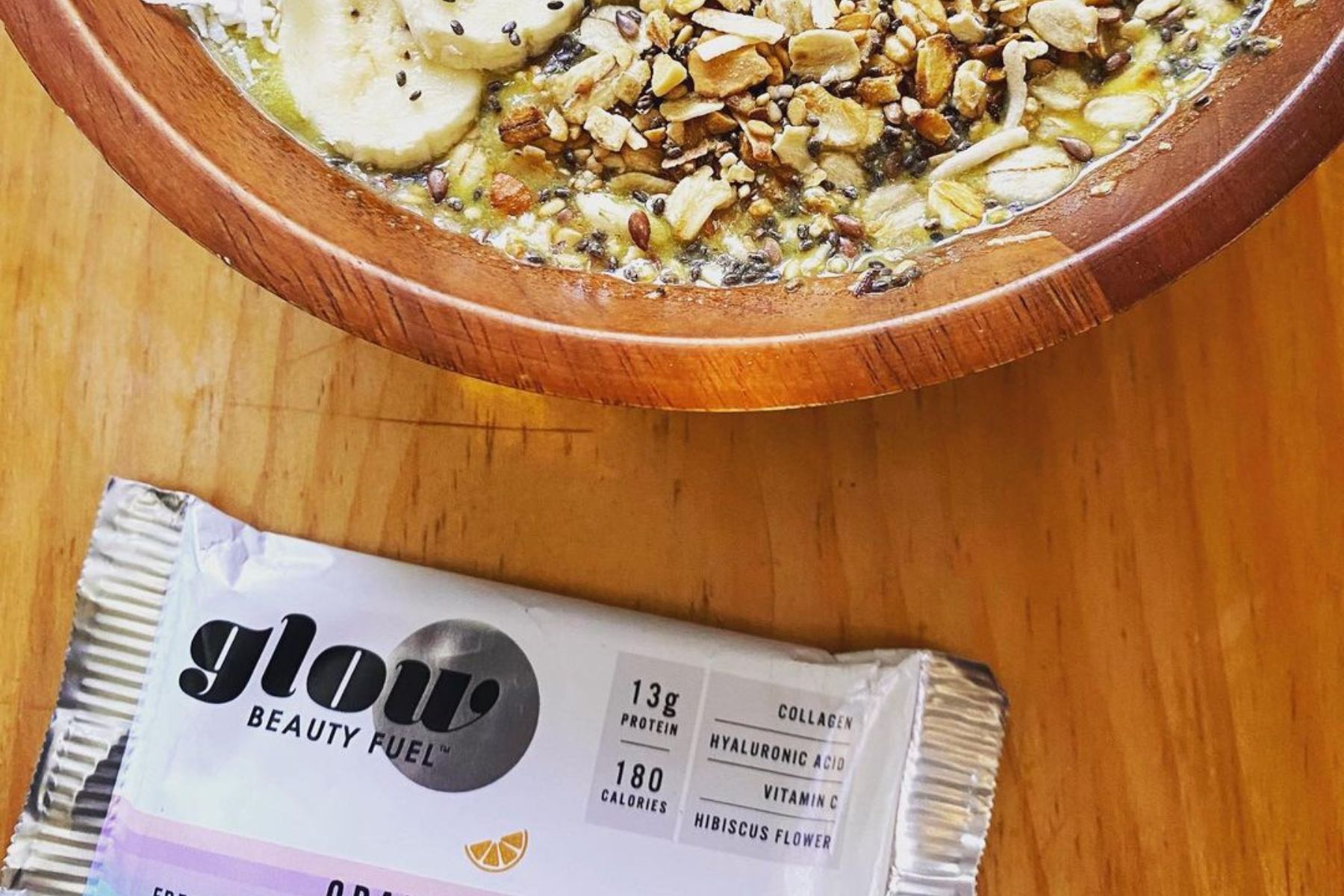Collagen is renowned in the beauty industry as a cornerstone for skin health. This key protein found abundantly in our bodies, is crucial for maintaining skin elasticity and firmness. As we age, collagen production declines, leading to common signs of aging like wrinkles and sagging skin. The beauty world has embraced collagen benefits for skin health with open arms, offering various supplements and skincare products. Its ability to improve skin texture and structure has made it a go-to ingredient for those seeking youthful and vibrant skin.
Colostrum, often called the ‘first milk’, is a nutrient-rich fluid produced by mammals before breast milk is released. This potent natural substance is packed with antibodies, growth factors, and essential nutrients. In recent years, colostrum in beauty regimens has gained attention for its potential to rejuvenate and heal the skin. Its unique composition not only supports skin health but also contributes to overall wellness, making it a valued addition to beauty and wellness routines. Colostrum’s entry into the beauty sphere marks a shift towards embracing natural and holistic ingredients for skin care.
Deep Dive into Collagen: Types, Sources, and Benefits
When exploring collagen, it’s essential to understand its different types, particularly marine collagen sources and bovine collagen supplements. Each type offers unique benefits:
- Marine Collagen:
- Derived from fish skin and scales.
- Rich in Type I collagen, which is ideal for skin health.
- Known for its bioavailability and easy absorption by the body.
- Often preferred for its sustainability and lower environmental impact.
- Bovine Collagen:
- Sourced from cowhide.
- Contains both Type I and Type III collagen, beneficial for skin, bones, and muscles.
- Generally more accessible and affordable.
- Often used in powder and supplement forms.
Collagen plays a pivotal role in maintaining skin elasticity and reducing the appearance of wrinkles. Its fibrous structure supports the skin, providing firmness and resilience. As collagen levels drop with age, the skin loses its elasticity, leading to fine lines and wrinkles. Supplementing with collagen can help replenish these declining levels, thereby improving skin texture and reducing signs of aging. This restorative effect is why collagen benefits for skin health are widely celebrated in beauty circles.
Collagen’s versatility is evident in its various forms – powders, supplements, and topical products. Each form caters to different preferences and lifestyles:
- Powders: Easily added to drinks and foods for a convenient intake.
- Supplements: Capsules or tablets for those who prefer a direct and measured dosage.
- Topicals: Creams and serums applied directly to the skin for targeted treatment.
Studies have shown that collagen supplementation can lead to significant improvements in skin hydration, elasticity, and overall appearance. These findings reinforce the belief in collagen’s anti-aging capabilities and its role in maintaining youthful, healthy skin. The growing body of scientific evidence makes collagen an essential component of beauty and wellness routines, especially for those seeking natural ways to combat the signs of aging.
Exploring Colostrum: Composition and Skin Benefits
Colostrum boasts a rich nutrient profile that sets it apart in skincare. It’s packed with antibodies, growth factors, and a range of essential nutrients, making it a powerhouse for skin rejuvenation and overall health. The antibodies provide immune support with colostrum, while growth factors promote skin repair and renewal. Additionally, the high levels of vitamins and minerals in colostrum contribute to its nourishing properties, making it an increasingly popular ingredient in beauty regimens.
Colostrum’s role in immune support extends beyond skin health, impacting gut health as well. The gut-skin axis, a concept in holistic wellness, suggests that a healthy gut contributes to healthy skin. Colostrum’s immune-boosting properties aid in maintaining a balanced gut microbiome, which in turn can lead to clearer, more radiant skin. This connection between the gut health benefits of colostrum and skin health is an essential consideration for anyone looking to improve their overall wellness and skin appearance.
The incorporation of colostrum in beauty regimens is primarily driven by its potential for skin rejuvenation. Its natural composition is gentle yet effective, making it suitable for all skin types, including sensitive skin. Colostrum helps reduce redness and irritation, speeding up the healing process of the skin, and providing deep nourishment. Its ability to enhance skin health and appearance naturally is why colostrum is becoming a sought-after ingredient in beauty and skincare products.
While colostrum’s benefits are widely recognized, current research is still exploring the full extent of its role in skincare. There are gaps in understanding how colostrum interacts with different skin types and conditions. Ongoing studies aim to provide deeper insights into its mechanisms of action and potential long-term benefits. This research is crucial for further establishing Colostrum as a key player in the beauty industry and for developing more targeted and effective Colostrum-based skincare products.
Comparing and Contrasting Collagen and Colostrum
When comparing collagen vs. colostrum, several aspects are essential to consider, especially in terms of skin health and anti-aging:
- Collagen:
- Primarily known for its role in enhancing skin elasticity and reducing wrinkles.
- Promotes the skin’s structural integrity and firmness.
- Directly targets the signs of aging by replenishing depleted collagen levels.
- Widely studied for its anti-aging properties of collagen.
- Colostrum:
- Offers comprehensive skin rejuvenation, including healing and nourishment.
- Contains growth factors that aid in cell renewal and repair.
- Provides immune support, contributing to overall skin health.
- Less researched in the context of anti-aging, but known for its regenerative and soothing properties.
When choosing between collagen and colostrum, it’s crucial to consider individual health goals and dietary preferences. If your primary concern is enhancing skin elasticity and reducing wrinkles, collagen might be the more beneficial choice. It’s renowned for its ability to improve skin firmness and diminish signs of aging. On the other hand, if you’re seeking overall skin health and immune support, colostrum could be the better option, given its comprehensive nutrient profile and healing properties. Dietary preferences also play a significant role in this decision. Marine collagen sources are ideal for pescatarians, offering a sustainable and effective option, whereas bovine collagen supplements are suitable for those without specific dietary restrictions. Colostrum is generally well-tolerated by most individuals, but those with dairy sensitivities should approach it with caution.
The integration of both collagen and colostrum into beauty regimens can create a synergistic effect, enhancing overall wellness and skin health. Collagen, with its structural support and elasticity-enhancing properties, lays the foundation for firm and youthful skin. Adding colostrum to this blend enhances the benefits, contributing healing, nourishment, and immune support, thanks to its rich composition of growth factors and nutrients. By combining these two powerful ingredients, a comprehensive skincare solution emerges, capable of targeting various aspects of skin health and aging. This synergistic approach addresses a wider spectrum of skin concerns, making it an attractive option for those seeking a holistic approach to skincare.
Deciding between collagen and colostrum for specific skin concerns requires a tailored approach. If the primary goal is to combat visible aging signs like wrinkles and sagging skin, collagen is typically the recommended choice. Its direct impact on improving skin’s elasticity and reducing fine lines makes it a favorite in anti-aging skincare. Conversely, for skin that needs healing, nourishment, or immune support, colostrum stands out as the preferred option. Its unique properties aid in skin rejuvenation and strengthen the skin’s natural defenses. However, for those aiming for a more holistic approach to skincare, combining both collagen and colostrum may provide the best results. This combination addresses a wide range of skin needs, offering a balanced and comprehensive skincare solution.
Integrating Collagen and Colostrum into Daily Routines
Integrating both collagen and colostrum into your diet can be achieved through dietary supplements, which offer a convenient way to consume these nutrients. Balancing their intake involves understanding your specific health and beauty goals. For instance, if your focus is on enhancing skin elasticity and reducing wrinkles, you might prioritize collagen supplements. Conversely, if you’re aiming for overall skin health and immune support, colostrum supplements could take precedence. It’s essential to consider the dosage and frequency of these supplements to align with your individual needs and to consult with a healthcare professional for personalized advice.
Besides supplements, both collagen and colostrum can be incorporated into your diet through various food sources. For collagen, bone broth, chicken skin, and fish are excellent natural sources. Colostrum, on the other hand, can be found in bovine colostrum supplements or as a powdered form that can be added to smoothies, yogurts, or oatmeal. Incorporating these ingredients into your daily meals not only enhances your nutrient intake but also ensures that you’re benefiting from these ingredients in a more natural form.
The beauty market is abundant with skincare products featuring either collagen or colostrum and sometimes both. When selecting such products, look for serums, creams, or masks that highlight these ingredients for their skin-enhancing properties. Products containing collagen often target anti-aging, aiming to reduce fine lines and improve firmness. Colostrum-based products, meanwhile, are typically focused on nourishing and calming the skin, making them suitable for sensitive or irritated skin types. Using these products as part of your daily skincare routine can help you harness the benefits of both collagen and colostrum topically.
To optimize the use of collagen and colostrum for skin health, consider the following tips:
- Stay consistent with your supplementation and skincare routine to see the best results.
- Pair your collagen and colostrum intake with a balanced diet rich in antioxidants, vitamins, and minerals.
- Stay hydrated, as water intake is crucial for maximizing the benefits of collagen and colostrum on skin health.
- Protect your skin from excessive sun exposure, as UV rays can counteract the benefits of these nutrients.
- Lastly, listen to your body and skin, and adjust your use of collagen and colostrum accordingly, based on the responses you observe.
Embracing a Holistic Approach to Beauty and Wellness
In the realm of beauty and wellness, it is crucial to recognize the importance of a balanced diet and lifestyle. While supplements like collagen and colostrum can significantly enhance skin health, they are most effective when complemented by a nutritious diet and healthy lifestyle choices. A diet rich in antioxidants, vitamins, and minerals, along with adequate hydration, can amplify the benefits of these supplements. Regular exercise, sufficient sleep, and stress management also play a vital role in maintaining overall health, which in turn reflects in the quality of your skin. This holistic approach ensures that the body receives all the necessary nutrients and care, allowing supplements to work more effectively.
Complementing your beauty regimen with practices such as yoga, meditation, and mindful skincare rituals can further enhance the benefits of collagen and colostrum. These practices not only contribute to mental well-being but also improve skin health by reducing stress and promoting relaxation. Regular yoga and meditation can improve circulation and promote detoxification, indirectly benefiting skin health. Mindful skincare rituals, where products are applied with care and attention, can turn routine into a therapeutic process, contributing to overall wellness and beauty.
While these supplements offer numerous benefits for skin health and overall wellness, it’s important to understand their limitations. They are not cure-alls and their effectiveness can vary from person to person. Factors such as age, genetics, and environmental influences play a significant role in determining their efficacy. It’s also crucial to be aware of any potential allergies or sensitivities, particularly with colostrum, which is a dairy product. Understanding these limitations helps set realistic expectations and encourages a more comprehensive approach to skin health and beauty.
Looking ahead, the use of collagen and colostrum in beauty regimens is likely to evolve with advancements in research and consumer preferences. Future trends may include more personalized skincare solutions, where supplements and products are tailored to individual skin types and concerns. There’s also a growing interest in sustainable and ethically sourced ingredients, which could influence how collagen and colostrum are produced and marketed. As research deepens our understanding of these ingredients, we can expect to see innovative applications and formulations that further leverage their benefits for beauty and wellness.





